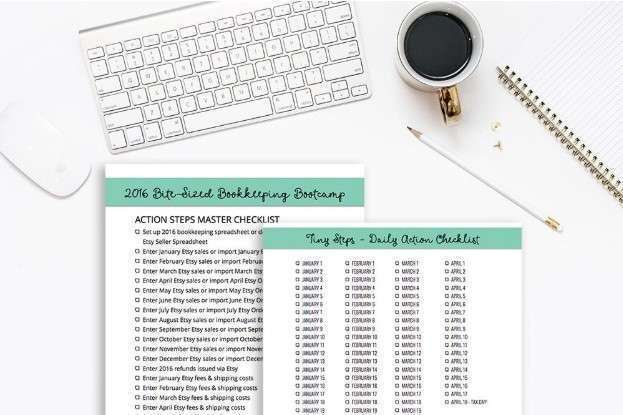
Despite showing a detailed overview of the business, there are a few factors that do not impress organizations and users of the recordkeeping principles. Let us understand the criticism towards this system through recording business transactions the points below. This system not only helps organizations to take decisions for daily activities but also provides detailed insights into the company’s future plans and budgeting for the same. Moreover, it also helps in the governance of the employees and the reporting structure. It is an all-pervasive function within the organization that helps managers across levels to ascertain their workforce’s efforts. This can result in financial non-compliance, as incomplete records may not accurately reflect the true financial status of the organization.
FAQs on Recording Financial Transactions: A Guide
- The interplay between journals and ledgers is a continuous cycle of recording and organizing financial data.
- Implementing proper internal controls involves establishing checks and balances to mitigate the risk of errors and fraud in the recording process, ensuring the reliability and accuracy of financial data.
- This record is used to prepare the journal entry that will be recorded in the financial books.
- Inadequate financial oversight due to omitted transactions can hinder the identification of potential risks and opportunities, hampering the organization’s ability to make informed strategic decisions.
- The ledger provides a more structured and detailed view of a company’s financial standing by consolidating all the transactions related to a specific account in one place.
- These small, often frequent, transactions can be overlooked or recorded incorrectly, leading to discrepancies in cash accounts.
In order to accurately Recording Accounting Transactions, you will need to gather any supporting documents such as receipts, invoices, or contracts. These documents will provide information about the transaction and assist you in verifying the accuracy of the recorded information. If you mis-record transactions, there’s a risk you’ll submit an inaccurate tax return – and that will get messy if you’re audited. A journal is a book where you record each business transaction shown on your supporting documents.

Prepaid or Unexpired or Advance Expenses:

The first step in Recording Accounting Transactions is determining what the transaction is and what sort of account it impacts. For example, if you buy office supplies, the transaction is categorized as a “Supplies Expense” and is recorded in the supplies expense account. Depending on where you live, you need to keep your records for three to seven years. You also need the underlying documents, such as bank statements, receipts, and invoices. Accounting software often comes with a default chart of accounts that you can use, or balance sheet you can create your own.

Capital Account
If these are not recorded in the Oil And Gas Accounting period they relate to, expenses can be understated, and liabilities can be omitted from the balance sheet, leading to an inaccurate portrayal of the company’s financial obligations. These strategies play an essential role in mitigating financial risk and ensuring good financial governance. Internal controls, such as segregation of duties and approval processes, help in preventing errors and fraud. Accounting software automates transaction recording and reporting, enhancing efficiency and accuracy.
What does recording transactions mean in accounting?
‘Debit’ (Dr.) and ‘Credit’ (Cr,) are the two terms or signs used to denote the financial effect of any transaction. The word ‘journal’ has been derived from the French word ‘JOUR’ meaning daily records. After preparing the journal book, the transactions are then posted to Ledger.
Simple Steps for Recording a Business Transaction
- In order to accurately Recording Accounting Transactions, you will need to gather any supporting documents such as receipts, invoices, or contracts.
- We’ll explore how maintaining precise records is not just a matter of regulatory compliance but also a strategic tool for business insight and growth.
- Due to this fraud, the company went bankrupt, important executives were arrested, and investors suffered significant losses.
- If fin aid or scholarship is available for your learning program selection, you’ll find a link to apply on the description page.
- They also help in ensuring compliance with financial regulations and standards, thus enhancing the overall integrity of financial reporting.
This misclassification can have serious implications for financial governance and auditing processes, as it can compromise the integrity and reliability of the reported financial information. Inaccurate financial statements can hinder effective decision-making, impacting strategic planning and resource allocation. It increases the financial risk for the organization by portraying a misleading picture of its financial health and performance, potentially affecting investor confidence and regulatory compliance. Therefore, ensuring the accuracy and proper recording of transactions is essential for maintaining transparency, accountability, and sound financial management practices.

